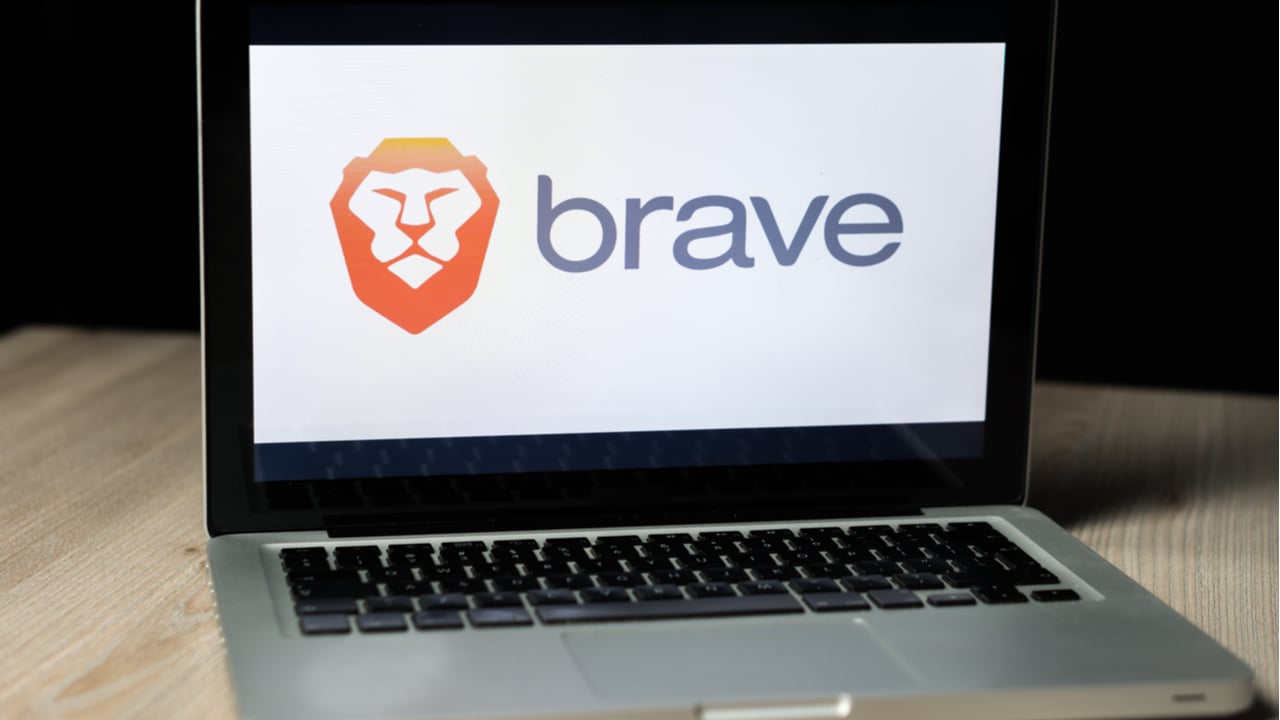
Brave, the company behind the Brave browser, has partnered with Solana to provide support for the blockchain directly from its browser. According to a press release, the Brave browser will now default to Solana for cross-chain and decentralized app support. Brave users, that are now in the millions, will have access to a Solana wallet within the app. This feature is expected to roll out during the first half of 2022.
Brave Partners With Solana to Offer Dapp Support
Brave, the company in charge of the development of the Brave browser, a leading privacy-first web browser, has announced it is partnering with Solana, a top five smart contract enabled cryptocurrency, to offer support for Solana-based apps directly from the browser. The announcement was made during Solana’s Breakpoint conference, where Brave’s CEO Brendan Eich praised the scalability and functionality that Solana would offer for Brave users.
At the event, Eich stated:
With more and more users and creators requiring tools for fast and affordable access to the decentralized Web, this integration will seamlessly pave the way for the next billion crypto users to harness applications and tokens.
Brave’s 46 million users will soon have access to Solana support by default. Brave will keep supporting the Ethereum ecosystem, but with this integration, it is clearly taking a chain agnostic view, and it intends to keep integrating support for other chains in the future.
Scalability and Brave’s Themis Protocol
Solana has been one of the most prolific ‘Ethereum killer’ tokens on the market, seeking to take advantage of Ethereum’s weaknesses and high fees due to its inability to scale. Its token, launched less than two years ago, is already in the top five cryptocurrencies rated by market cap.
Its ability to manage more transactions with lower fees is one of the reasons for this. Brave mentions that “transaction fees seen on Ethereum (due to increased interest in crypto and DeFi) have held some users back from transacting.” The new partnership aims to open the possibility for more people to use Brave’s platform combined with Solana’s low-fee environment. Still, it is important to note that Solana itself has not been exempt from its own criticisms.
The perceived benefits of Solana are likely one of the reasons that Brave is offering support for the network, pivoting from its Ethereum-only approach. Another reason is that the browser will implement Themis protocol, one of the most important aspects of Brave’s roadmap, on top of Solana. In exchange, Solana will encourage developers to use BAT on Solana-based dapps.
What do you think about Brave’s partnership with Solana? Tell us in the comments section below.
Comments
Post a Comment